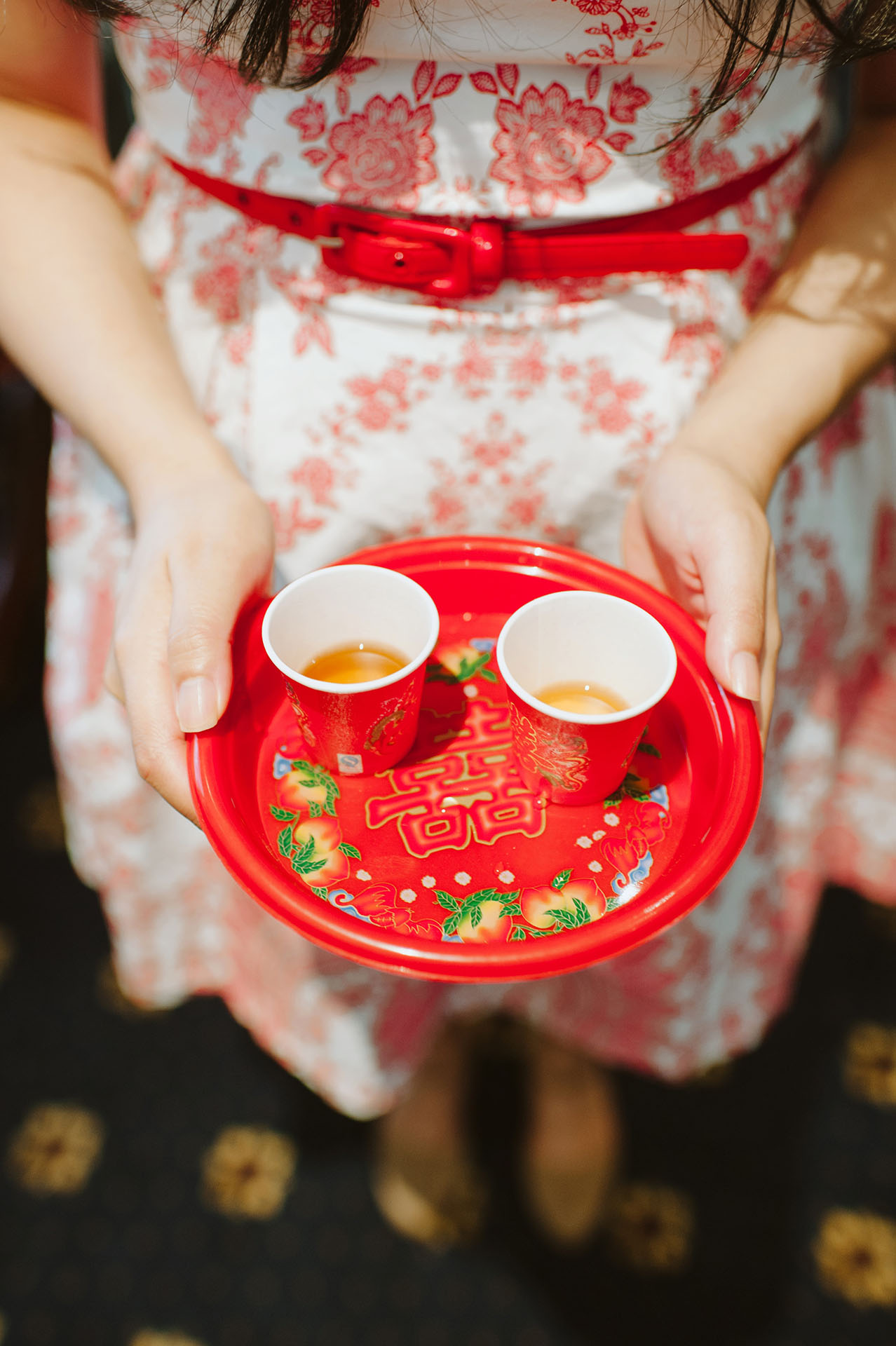 So much of what we think of when we think of weddings, is based on our community, culture or country of origin, and of course, it is further influenced by what we see in mainstream movies, media and now, social media.
So much of what we think of when we think of weddings, is based on our community, culture or country of origin, and of course, it is further influenced by what we see in mainstream movies, media and now, social media.
That being said, what if any wedding traditions do you and your sweetheart plan to embrace on your big day? Will your wedding include ways to honor your cultural heritage, either shared or different? And, how can this be done in a way that feels sincere and meaningful even if embracing your heritage and culture is new to you?
After all, wedding traditions tend to have a long history so it’s important to research the nuances of the traditions you would like to include, because most customs have a specific purpose, and you don’t want to be unintentionally disrespectful to the culture!
The best source of information is, of course, your family and your future in-laws. Talk to them about their/your culture and heritage in order to more fully understand the how, and why of the way weddings are traditionally celebrated in your family.
There are so many ways to say “I do!” and “I love you!” in the world, and we think that’s amazing! So, while you decide if embracing cultural traditions at your wedding is right for you, here is a very small sample of incredible wedding traditions from around the world!
Nigeria
When it comes to Nigerian weddings, they are definitely not a one-size-fits-all celebration! There are an estimated 371 tribes in all of Nigeria, and each tribe has unique and meaningful traditions, unique to them. But there are a few traditions that are common across the majority of Nigerian weddings. Some of those include traditional attire like aso-ebi (the word aso in Yoruba means cloth and ebi denotes family, so by extension, Aso-ebi means family cloth, and is usually worn during memorials and ceremonies, not unlike clan tartans in Scotland and Ireland), and gele ( a woman’s head wrap which can be as simple as a scarf, or bandana, or as elaborate as the train of a peacock).
Another Nigerian wedding tradition is the money spray at the reception, and symbolizes showering happiness, good fortune, and affection on the couple. During the Money Spray, the couple are ushered into the room and dance behind the wedding party, while the guests encircle the couple and come forward, placing bills on the couple’s forehead, thus allowing the money and good fortune to “rain down” on the Bride and Groom.
France
At French weddings it’s quite uncommon to see bridesmaids and groomsmen as part of the event. In France, weddings are more about bringing together two families, rather than solely centered around the bride and groom. So, though a couple may have many close friends in attendance, they are there just to enjoy the day, and not play an official role; in fact, in France is is considered proper etiquette to let both sets of parents know about the engagement and spend some time together before announcing to the rest of your circle.
Then comes the food! It should really come as no surprise, when talking about French weddings, but food is of utmost importance at French celebrations. And, if you’re thinking of hosting a very formal affair, consider a truly French meal served mise en place, meaning, everything in its place. For meals served mise en place, each course is served, in proper order meaning: appetizer, soup, main course, palate-cleansing sorbet, salad, cheese, dessert and coffee, and a cordial, which is indeed quite an undertaking and would require a French trained chef or restaurant to pull off!
China
The wedding traditions practiced in China and at Chinese weddings mainly deal with bringing good luck and fortune to the marriage while also honoring and paying respect to their elders and ancestors. And it all starts with the date of the wedding. The Wedding date is of utmost importance, and you’re unlikely to see many Chinese weddings in what are considered the unlucky months of March, July and September.
When it comes to the wedding day, the color red and the double-happiness symbol are both considered lucky and are often threaded throughout much of a Chinese wedding as a way of bringing luck and good fortune to the newlyweds. Chinese weddings also often include a tea ceremony; during which the couple will serve tea to their parents as a sign of honor, deep gratitude and respect, and parents generally reciprocate with red envelopes with money as a wedding present, to start their new lives together as a married couple.
The post Including Cultural Traditions in Your Wedding appeared first on Beat Train Productions ~ Boston & NYC Wedding DJs - New England & New York City Wedding DJs
source https://beattrainproductions.com/including-cultural-traditions-in-your-wedding/

No comments:
Post a Comment